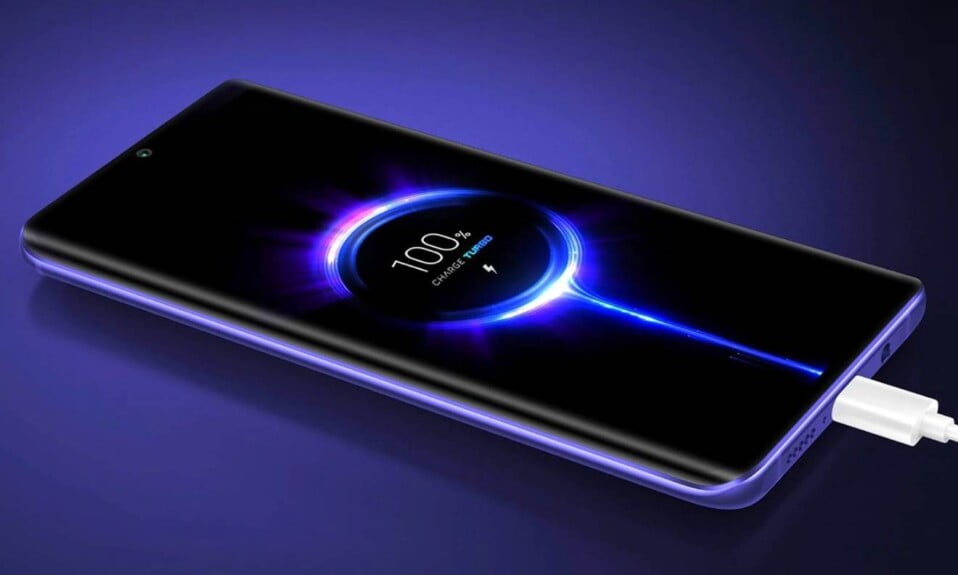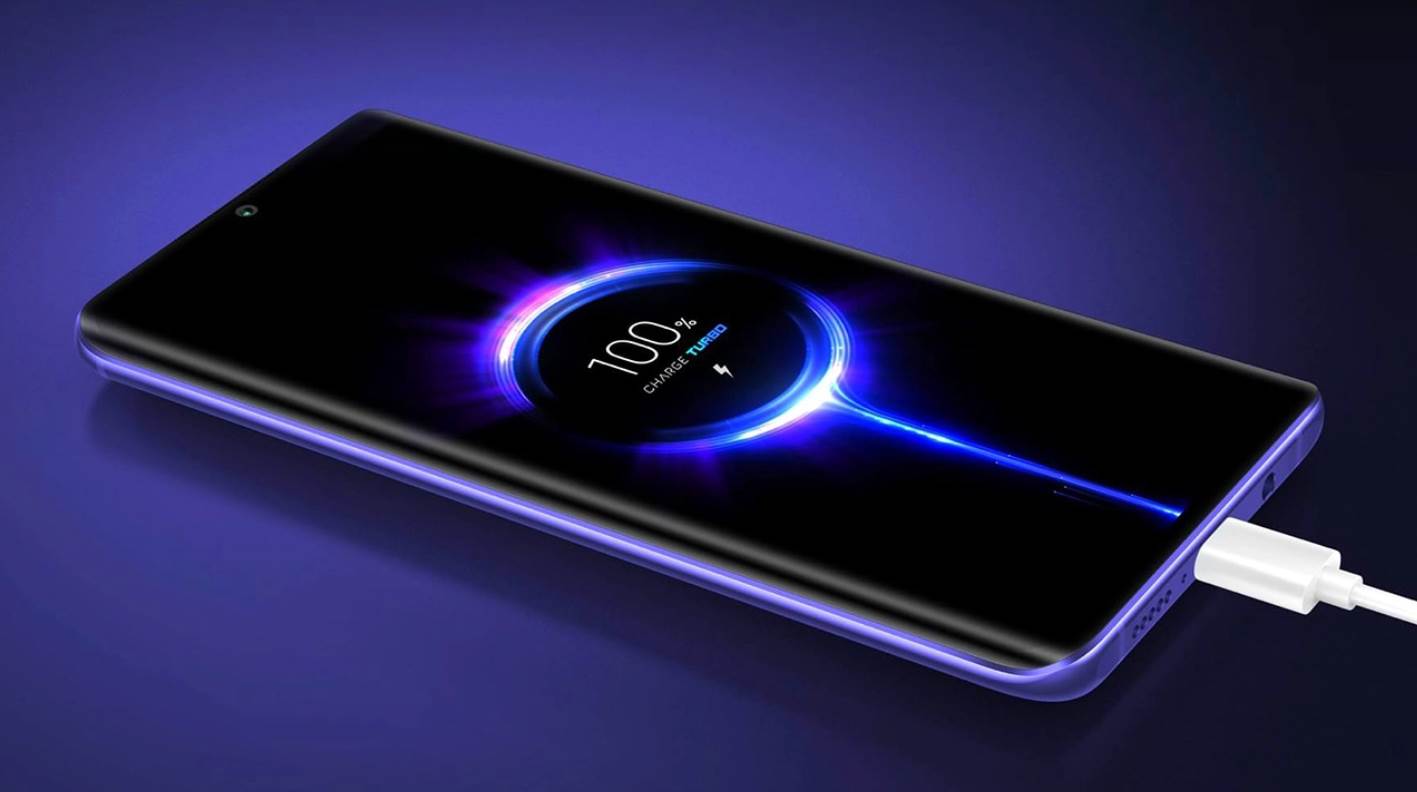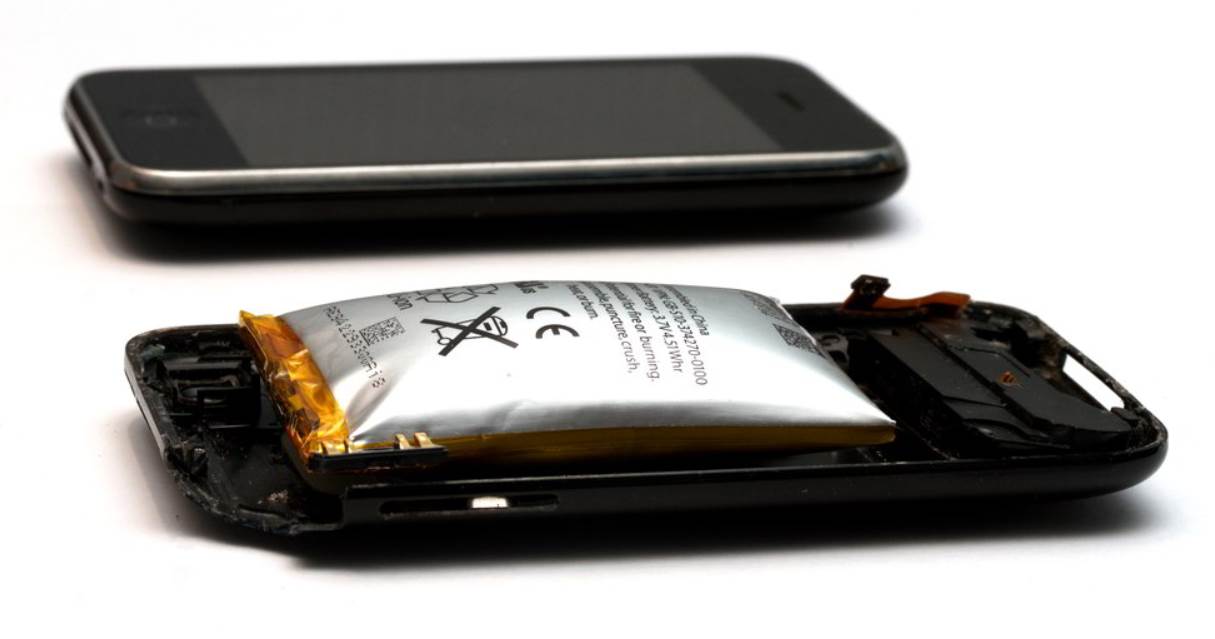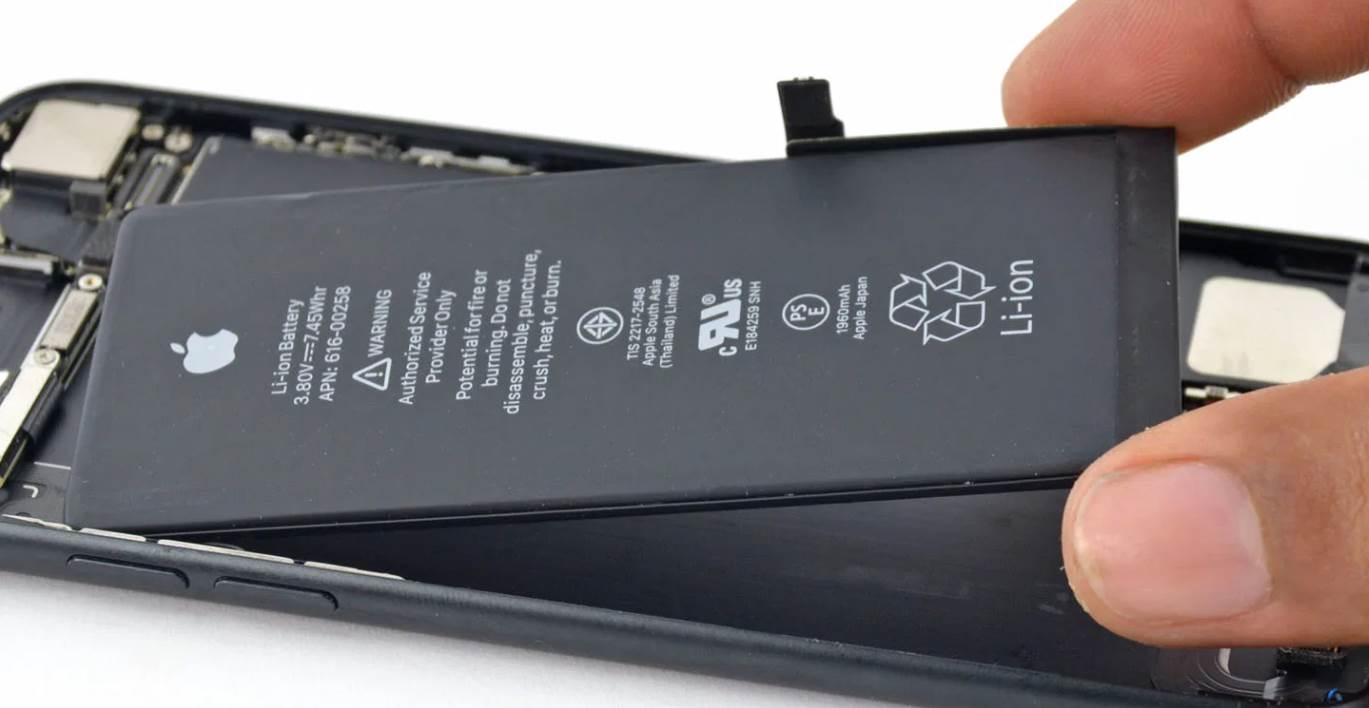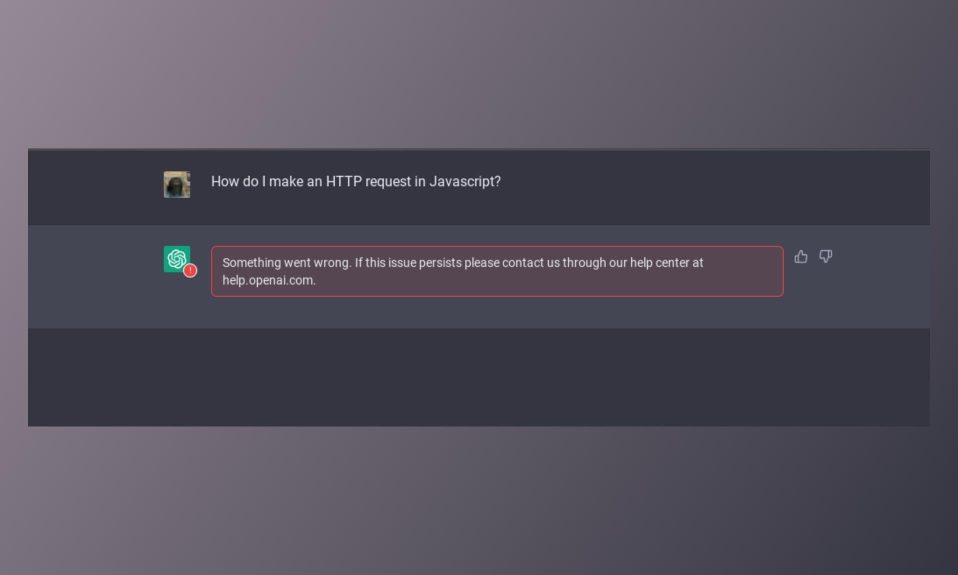Smartphones, electric vehicles, laptops, and other devices are all getting fast charging capabilities. It’s practical because it allows you to charge your device or car in less time than you would otherwise have to wait.
But, as impressive as fast charging is, does it have any negative consequences for battery life? Let’s take a look at it in more detail.
What Is Fast Charging?
Fast charging is a function that allows you to charge your device in a fraction of the time it normally would. The included charging circuit determines whether your phone or other device supports fast charging.
As a result, your device can only draw the amount of power that the charging circuit can handle. As a result, connecting your device to a fast-charging brick will not always result in a faster charge. Of course, there could be other reasons for your smartphone’s slow charging, and you should think about them as well.
Fast charging makes it simpler to recharge your battery whenever you feel the need. Fast charging is more important than ever before, given the increasing amount of time we spend on our devices and how difficult it is to get a single charge to last all day.
In this article, we’ll use smartphones as an example.
What is Considered Fast Charging?
Fast charging has become a popular marketing term for a variety of electronic devices. This term, on the other hand, is frequently used in smartphone marketing materials.
These materials can be deceiving at times, leading you to believe your device supports fast charging only to find out later that it doesn’t. So, how many watts does fast charging entail?
Anything above 10 watts is commonly referred to as a fast-charging rate by smartphone manufacturers. There is, however, no industry standard for what constitutes a fast charging speed. The higher the number, the faster the charging rate.
Will Fast Charging Damage the Battery?
The heat associated with bombarding your device with high amounts of power frequently prompts this question.
And, as you may know, heat is bad for your battery, especially lithium-ion batteries, which are used in the majority of today’s smartphones. As a result, fast charging systems strive to reduce heat while increasing output as much as possible.
Is fast charging, on the other hand, harming your device’s battery?
No, not at all. This is due to the speed with which charging occurs. There are two charging phases in fast-charging batteries. In the first phase, they absorb as much power as they can. When the battery capacity is low or empty, the first phase occurs.
This explains why companies boast about how their fast charger takes a certain amount of time to charge the battery from zero to a certain capacity in their smartphone marketing materials.
However, once the battery capacity has been reached, the charging speeds are reduced to avoid stress and heat, which can shorten the battery’s lifespan. This explains why your phone charges faster up to a certain percentage but take longer to fully charge.
It’s also worth noting that if your phone’s temperature rises above a certain point, fast charging may be turned off automatically.
How Do Phone Companies Mitigate the Impact of Fast Charging?
Using a dual-battery design, smartphone manufacturers have devised other ways to reduce the impact of the fast charging phase on the battery. During the fast-charging phase, the two batteries share a high input load, preventing damage.
Different battery management software systems are another preventive measure. Smartphones have a dedicated charging management system that protects the battery from damage caused by a high input charge. Apple’s battery charging optimization is a great example of this.
Whether or not fast charging damages your battery is largely determined by the effectiveness of your phone’s battery management software.
The bottom line is that fast charging has no significant impact on battery life. However, due to the physics of the technology, you shouldn’t expect the battery to last any longer than a standard “slow” charging brick.
But that is only one factor. The longevity of a battery is determined by a number of factors. For example, Apple claims the following about its phones:
Should You Worry About Fast Charging Effects on Your Smartphone’s Battery?
There isn’t much. As previously stated, the charging management system protects the battery from damage. There is a chance that the battery life will be impacted, but not to the extent that it should cause serious concern. As a result, you shouldn’t be too concerned.
Your reservations about fast charging are most likely gone now. So, why not think about how you can speed up the charging process on your device?
Well, that’s all we have for you regarding fast charging and how it affects your Smartphone’s battery life. We hope after reading this guide you don’t have any doubts.
If you liked this, don’t forget to check out our gaming, troubleshooting, and computing guides.
Furthermore, if you have any questions or suggestions, please use the comment below to contact us.

